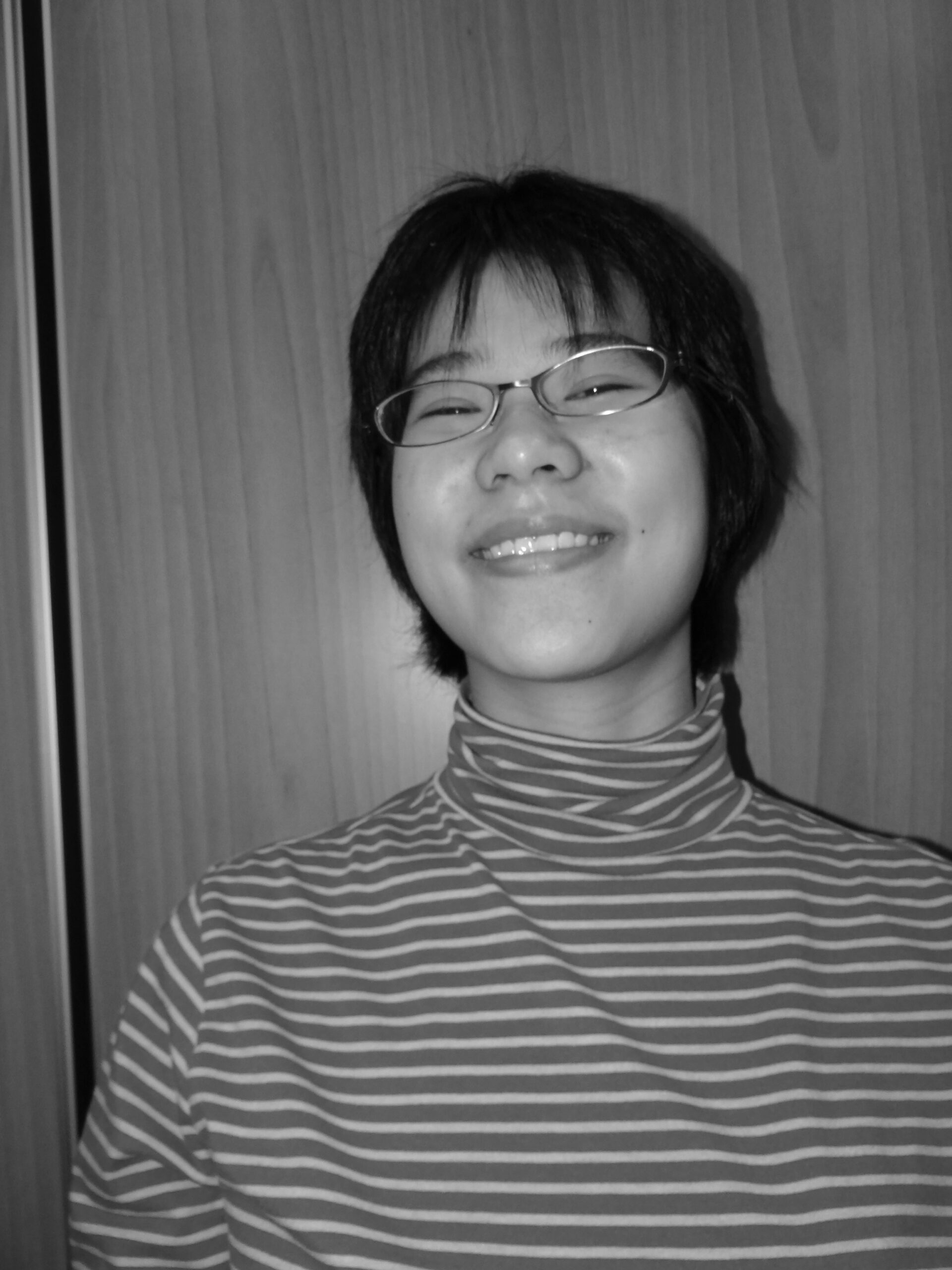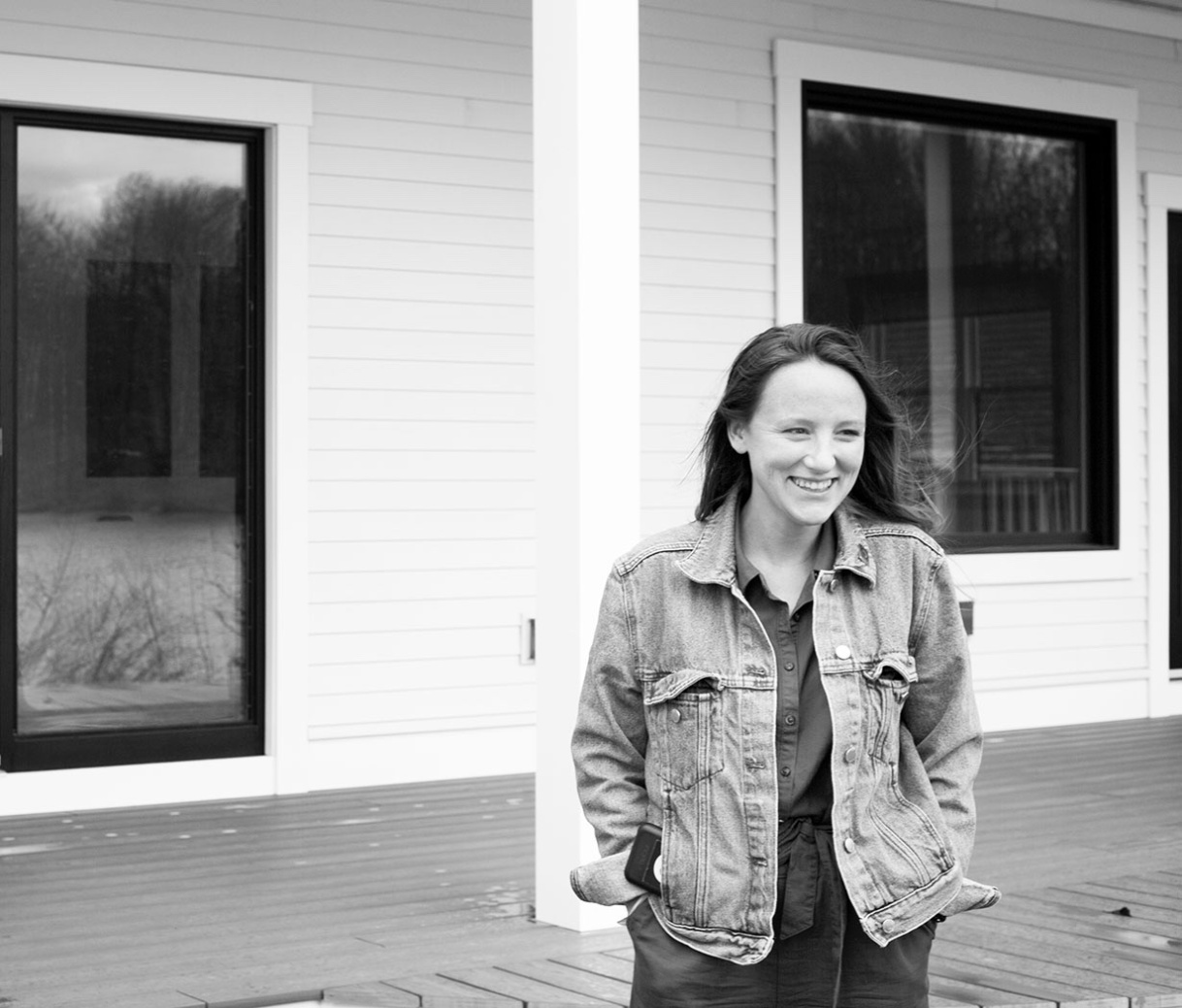 The author of the poetry book Exhibitionist talks about her book, her collage artwork, about being a shapeshifter, the book’s sexual undertone, the “female gaze”, the magic of art, and lots more.
The author of the poetry book Exhibitionist talks about her book, her collage artwork, about being a shapeshifter, the book’s sexual undertone, the “female gaze”, the magic of art, and lots more.
Category: Interview
Samuel in the Quantum Field: How One Boy’s Holocaust Story Can Help Us Bridge Space, Time, and Everything In Between – An interview with author Elyn Joy
 The author of Samuel in the Quantum Field talks about the inspiration for her book, her research and transcription process, her unique, physics approach, the book’s relationship a Sioux City railroad memorial exhibit called Desperate Passages, and lots more.
The author of Samuel in the Quantum Field talks about the inspiration for her book, her research and transcription process, her unique, physics approach, the book’s relationship a Sioux City railroad memorial exhibit called Desperate Passages, and lots more.
On Characterization and Place in Poetry: A conversation between Tennison Black and Tiffany Troy

 Tennison S. Black is the author of Survival Strategies (UGA Press, 2023), which won the National Poetry Series. Tiffany Troy is author of Dominus (BlazeVOX [books]) and co-translator of Santiago Acosta’s The Coming Desert /El próximo desierto (forthcoming, Alliteration Publishing House). In this warm, rich conversation, the two poets talk about their latest books, journey, history, characterization, voice, legacy, craft and much more.
Tennison S. Black is the author of Survival Strategies (UGA Press, 2023), which won the National Poetry Series. Tiffany Troy is author of Dominus (BlazeVOX [books]) and co-translator of Santiago Acosta’s The Coming Desert /El próximo desierto (forthcoming, Alliteration Publishing House). In this warm, rich conversation, the two poets talk about their latest books, journey, history, characterization, voice, legacy, craft and much more.
An interview with Ruth Danon
 The author of Turn Up The Heat talks about her latest book, about becoming a poet and the nature of poetry, the relationship between form and content, her style, the subject-object relationship, rhythm and musicality, voice, on doing readings, and lots more.
The author of Turn Up The Heat talks about her latest book, about becoming a poet and the nature of poetry, the relationship between form and content, her style, the subject-object relationship, rhythm and musicality, voice, on doing readings, and lots more.
An interview with Maddie Norris, author of The Wet Wound
 The author of The Wet Wound talks about her new book, choice of subtitle, balancing the heaviness of subject matter, ideal reader, the use of illustrations, and more.
The author of The Wet Wound talks about her new book, choice of subtitle, balancing the heaviness of subject matter, ideal reader, the use of illustrations, and more.
An interview with Adam Sass
 Adam Sass spills the tea on his inspiration for writing, the relationship between his different books, his characterised settings, his themes, characters, plots, the influence of Wes Craven, literary breadcrumbs, his next YA, and lots more.
Adam Sass spills the tea on his inspiration for writing, the relationship between his different books, his characterised settings, his themes, characters, plots, the influence of Wes Craven, literary breadcrumbs, his next YA, and lots more.
An interview with Black Foam’s Haji Jaber
 The author of Black Foam talks about his new book, why he wrote it, his research, the relationship between his work as a journalist and his work as a writer, his audience, his favourite books, Dar al-Tanweer, why he teaches, and more.
The author of Black Foam talks about his new book, why he wrote it, his research, the relationship between his work as a journalist and his work as a writer, his audience, his favourite books, Dar al-Tanweer, why he teaches, and more.
Questions for Craig W. Gill, Director of the University Press of Mississippi, with Congratulations on the press’s 50th anniversary
 They are books in which tenderness and teaching and terror are threaded through the texts. The University Press of Mississippi’s director Craig W. Gill has spoken of being able to learn about, and respond to, different subjects in any given year, as he seeks manuscripts that contribute to significant fields of study.
They are books in which tenderness and teaching and terror are threaded through the texts. The University Press of Mississippi’s director Craig W. Gill has spoken of being able to learn about, and respond to, different subjects in any given year, as he seeks manuscripts that contribute to significant fields of study.